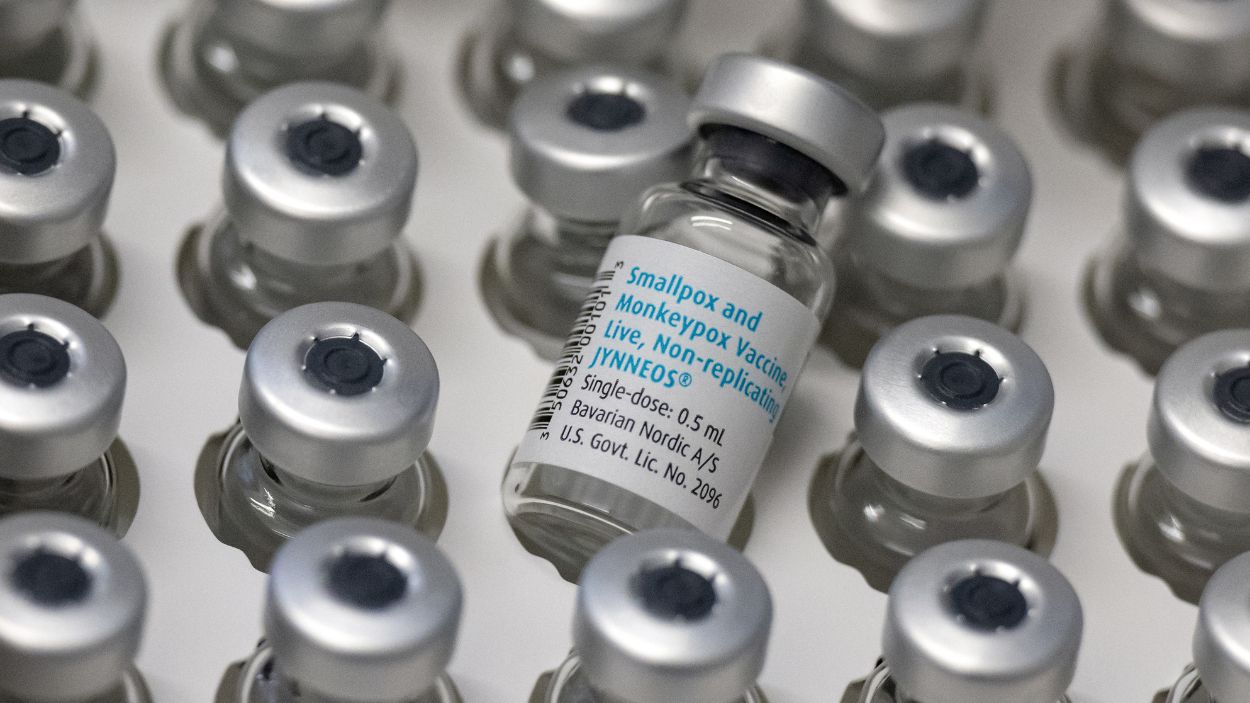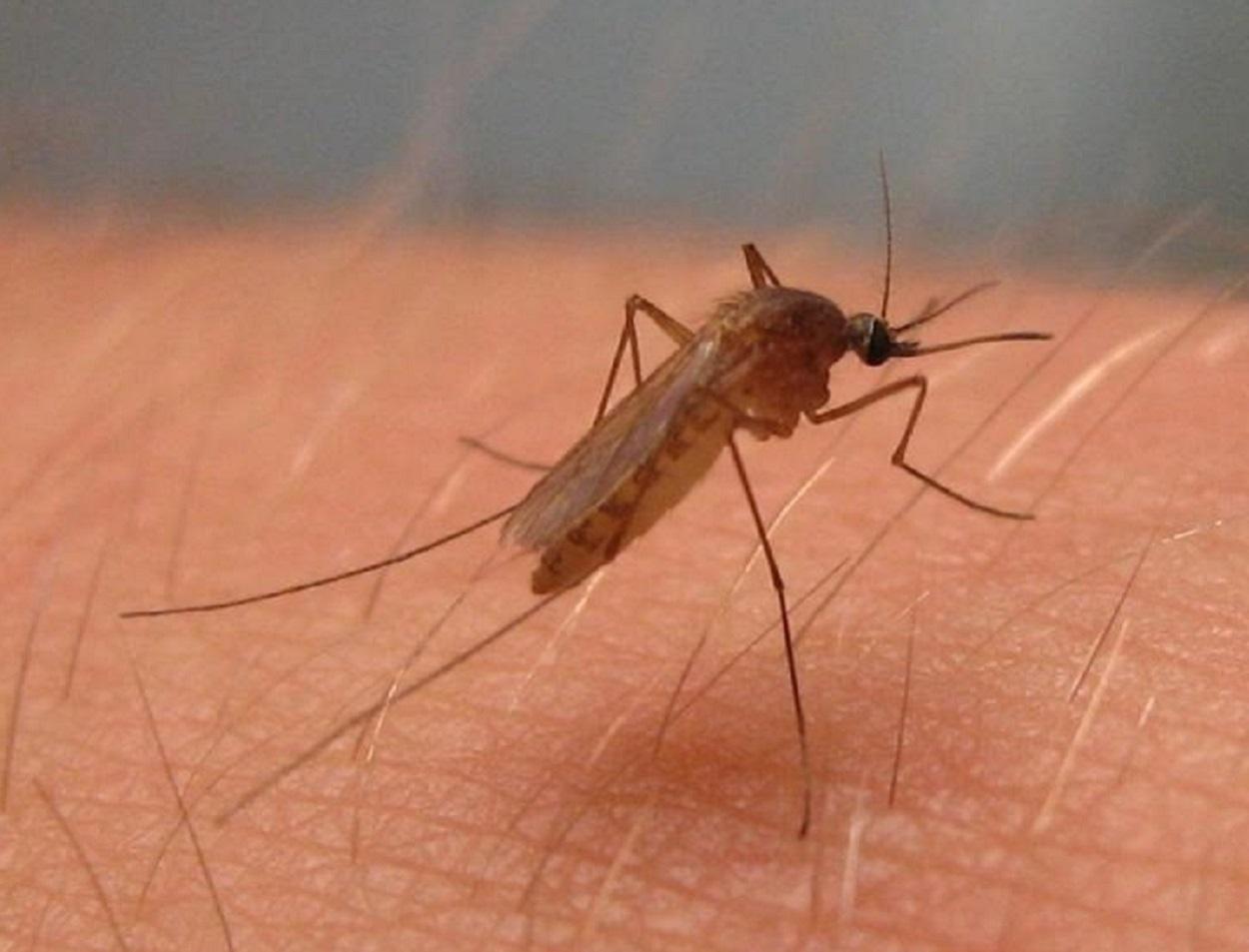WHO warns we are vulnerable to new pandemics after latest outbreaks

Global Preparedness Monitoring Board sponsored by World Health Organization And World Bankissued a warning about the urgent need to reassess our vulnerability to new pandemics. In a recent report presented at the 15th World Health Summit in Berlin, the organization stressed the importance of “radically rethinking” how we collectively prepare to confront these threats.
The document analyzes 15 key factors that increase the risk of a pandemic, grouped into five categories: social, technological, environmental, economic and political. Also remember recent outbreaks of diseases such as Marburg virus, MPox and the last strain bird flu H5N1which are reminders of our vulnerability.
Global alarm against the risk of future pandemics
The council warns of a number of new risks that go beyond traditional health factors. Digital connectivity, while useful for quickly sequencing and sharing pathogen data, also exposes healthcare systems and societies to new dangers such as cyber-attacks and the rapid spread of misinformation, thereby increasing the risk of pandemics.
Joy PhumaphiCouncil Co-Chair and former Minister of Health of Botswana, stressed the need to invest now in primary health care systems that sustainable and fairto face future challenges. The report also highlights the importance of adapting responses flexibly and proactively, protecting communities and investing in collaborative efforts to significantly reduce risk and improve preparedness.
A New Vision for Global Preparedness
It emphasizes that to effectively protect, all countries must strengthen their health systems and ensure that essential services are available to all communities, especially the most vulnerable. In addition, preparedness must include strategies that address human, animal and environmental health issues, promoting closer cooperation between sectors.
Her Excellency Kolinda Grabar-Kitarovic, co-chair of the organization and former President of Croatia, said that our readiness must be determined by vigilance, adaptability and cooperation. The report provides a framework for policymakers to adapt existing health strategies and improve protection against future pandemics, ensuring that prevention and response plans are regularly reviewed and flexible enough to adapt to all situations.
The paper concludes by arguing that resilience to future health emergencies depends on investment in research and development, improved technology, and a better understanding of the dynamic nature of all pandemic risk factors.



